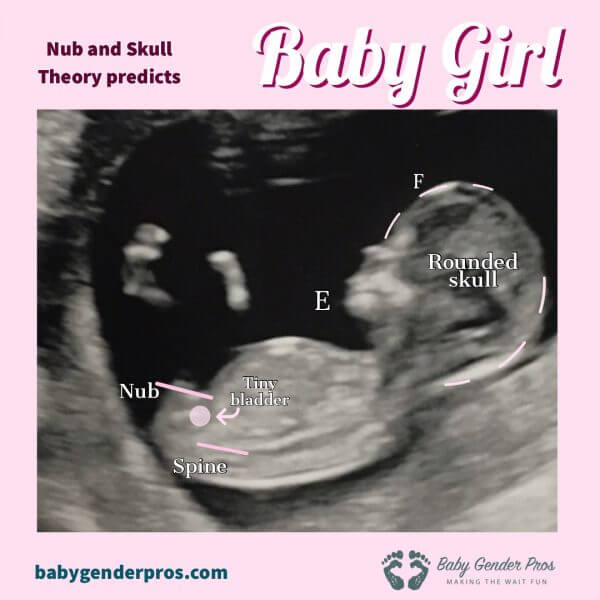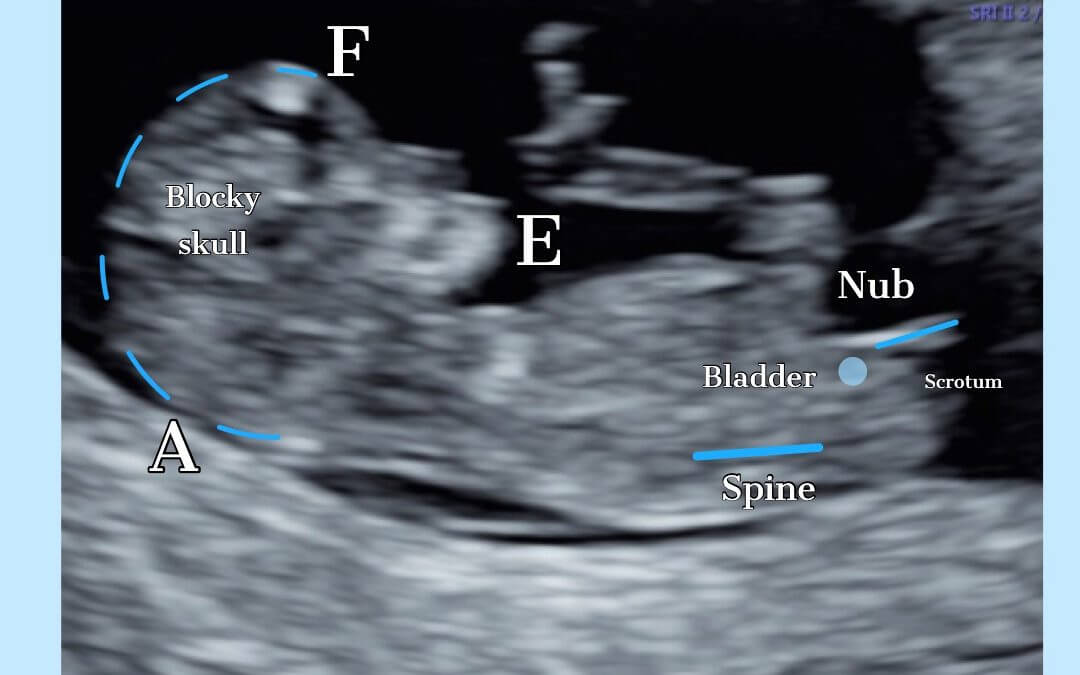The Evidence Supporting the Skull Theory
The “Skull Theory” is a popular gender prediction method that claims to determine the sex of a baby based on the shape and structure of its skull. While the theory is not scientifically proven, many people believe in its accuracy. In this article, we will explore the evidence supporting the Skull Theory and whether it can be relied upon as a reliable method for predicting the sex of a baby.

Table of Contents
What is the Skull Theory?
The Skull Theory is a gender prediction method that involves examining the shape and structure of a baby’s skull during an ultrasound. Proponents of the theory believe that the skull shape can reveal whether the baby is a boy or a girl. According to the theory, a baby with a more angular and pronounced brow ridge and a more square jawline is likelier to be a boy, while a baby with a rounder skull shape is likelier to be a girl.
The Origins of the Skull Theory
The Skull Theory is not a new concept. It has been around for centuries, with some sources tracing its origins back to ancient Greek and Chinese cultures. The theory gained popularity in recent years with the rise of social media and online forums where expectant parents share ultrasound images and speculate about the sex of their baby.

The Evidence Supporting the Skull Theory
There is no scientific evidence supporting the Skull Theory. It is based on anecdotal evidence and personal experiences. However, some proponents of the theory argue that there is a correlation between skull shape and sex hormones, which could influence the development of the skull in utero.
Skepticism around the Skull Theory
The Skull Theory has been met with skepticism from medical professionals and experts in the field of prenatal development. Critics argue that there is no scientific basis for the theory and that the shape and structure of a baby’s skull can vary greatly depending on factors such as genetics, position in the womb, and the stage of development.
Accuracy of the Skull Theory
The accuracy of the Skull Theory could be better. While some parents claim to have accurately predicted the sex of their baby using the Skull Theory, many others have reported incorrect predictions. With scientific evidence, it is easier to determine the accuracy of the Skull Theory.
Alternative Gender Prediction Methods

There are many other gender prediction methods available, some of which are based on scientific evidence. For example, non-invasive prenatal testing (NIPT) can detect the presence of male or female DNA in the mother’s bloodstream with high accuracy. Other methods, such as amniocentesis and chorionic villus sampling (CVS), can also determine the sex of a baby with near-perfect accuracy.
Conclusion
While the Skull Theory is a popular gender prediction method, no scientific evidence supports its accuracy. It is based on anecdotal evidence and personal experiences, and the shape and structure of a baby’s skull can vary greatly depending on many factors. While it may be a fun way to speculate about the sex of a baby, it should not be relied upon as a reliable method for predicting the sex of a baby.
FAQs
Is the Skull Theory accurate?
There is no scientific evidence to support the accuracy of the Skull Theory.
What other gender prediction methods are available?
There are many other gender prediction methods available, including non-invasive prenatal testing (NIPT), amniocentesis, and chorionic villus sampling (CVS).
Can the Skull Theory be used to predict the sex of a baby before an ultrasound?
The Skull Theory can only be used during an ultrasound, requiring a clear image of the baby’s skull.
Are there any risks associated with relying on the Skull Theory to predict the sex of a baby?
There are no known risks associated with relying on the Skull Theory to predict the sex of a baby, as it is simply a fun way to speculate about the baby’s gender. However, it is important to remember that the Skull Theory is not a scientifically proven method and should not be relied upon as a reliable indicator of a baby’s sex.
Should I trust the Skull Theory to predict the sex of my baby?
Whether or not to trust the Skull Theory is up to personal preference. While some people believe in its accuracy, it is essential to remember that no scientific evidence supports the theory. It may be more reliable to rely on other gender prediction methods that are backed by scientific evidence. Ultimately, the most accurate way to determine the sex of a baby is through genetic testing, such as amniocentesis or non-invasive prenatal testing.

